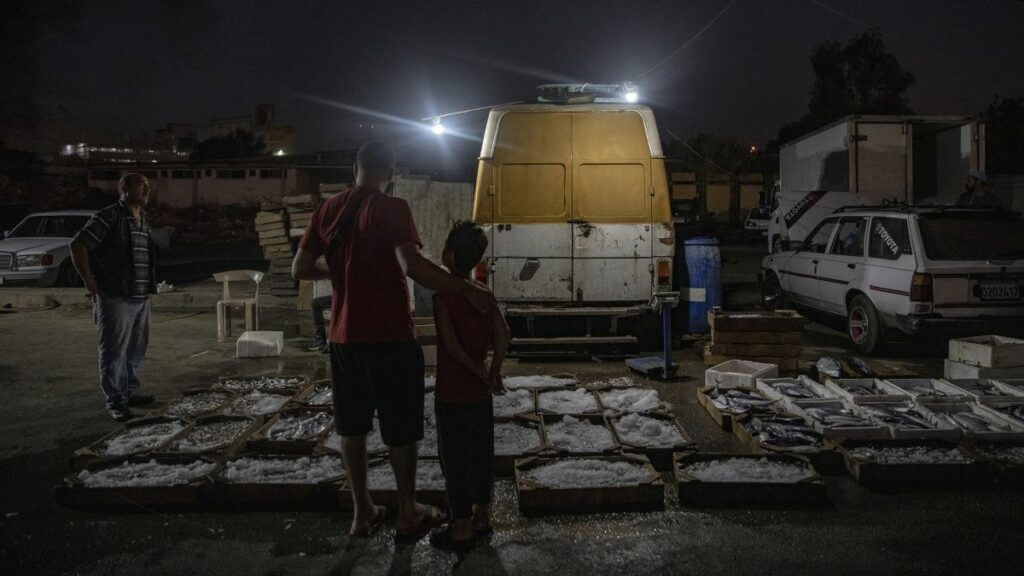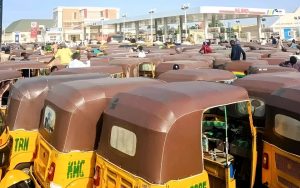Lebanon’s soul has been eviscerated by its financial crisis. Not even the children want to play

He shakes his head. He doesn’t want to join the other children decorating the tree we’ve brought in. “Why not?” I ask.”Maali khili'” he responds — he doesn’t have the energy for it. “He’s always like this” his father explains, pulling him in closer and planting a gentle kiss on his forehead. The child starts to cry big, fat, silent tears.I try again to engage him. “What can we do to make you smile?” I ask. “Nothing.””What do you like to do?””Nothing.”His father, a Syrian refugee in Lebanon, scrawls wishes on holiday decorations. “I want health,” he writes on one A-4 paper. “I want to feel safe.””Here you do it. Hold the pencil,” he says, placing a pencil in his son’s hand. The boy doesn’t even wrap his fingers around it. It clatters to the ground. He’s the first child in INARA, which helps war-wounded children, who can’t be coaxed into engaging, who refuses to even eat a chocolate cake that’s in front of him. The World Bank considers Lebanon’s economic catastrophe one of the world’s worst since the mid-19th century and has dubbed it a “deliberate depression.” The country has had discretionary capital controls since October 2019, meaning banks can choose who to allow to withdraw their money. Typically this has been restricted the country’s mega-powerful. Most people’s life savings have vaporized, inflation has skyrocketed and the country’s currency has lost over 95% of its value in two years. The result is the mass pauperization of the population.You drive for hours from pharmacy to pharmacy looking for a basic pain killer or medicine for your ailing father. Certain drugs and products aren’t even brought in anymore, not enough people can afford to buy them. “To know about a crisis is different to living it organically on a daily basis,” Reina says to me. I sit and listen, and I can’t say anything. Not to her, not to anyone else I spent the last few days talking to. I have no frame of reference for what it’s like for a parent to have to explain to their children why they can’t eat meat anymore, let alone buy gifts for the holidays. Or even worse, why they have been pulled from school and sent to work. UNICEF’s most recent report says that child labor in Lebanon has doubled in the last year. There is a rage that trembles through everyone, coupled with deep depression. The despair of adults has seeped into the children. The next day, the car I am in rolls slowly past a small playground. I look out the window at the children. They seem to be moving in slow motion, like they’re on the sidelines of childhood. Kids don’t want to play anymore.





